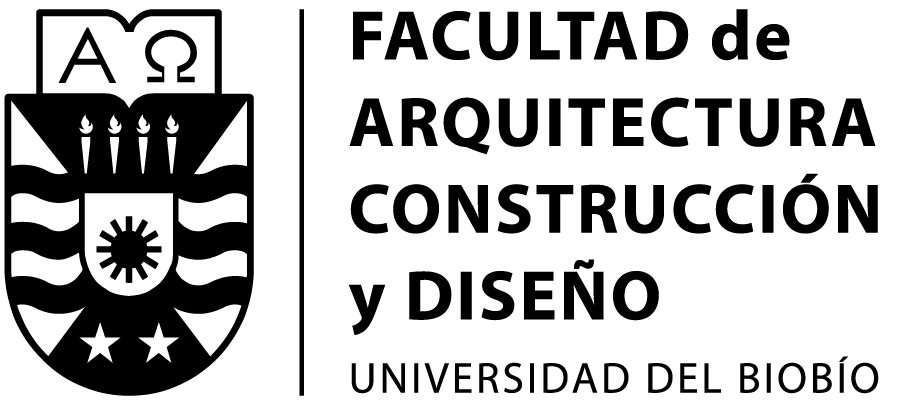Formal structure for the territorial planning of Tricontinental Chile
Keywords:
national state, urbanization, global cities, spatial scales, urban-regional development policiesAbstract
The fast course of urbanization and technological changes that occurred throughout the last decades is creating a new geography of power in the world, in which large cities and regions gain increasing importance at global economic and political levels. The present article examines those transformations, arguing that the focus on local governments or urban spaces does not necessarily mean that national states are disappearing like political actors. Not even public sector becomes less relevant implementing and coordinating development efforts. Despite all changes, they remain – actually among other political spheres - a fundamental support for multiscale regional policies, hence giving sustainability to local growth strategies.
Downloads
Downloads
Published
How to Cite
Issue
Section
License
The content of articles which are published in each edition of Habitat Sustentable, is the exclusive responsibility of the author(s) and does not necessarily represent the thinking or compromise the opinion of University of the Bio-Bio.
The author(s) conserve their copyright and guarantee to the journal, the right of first publication of their work. This will simultaneously be subject to the Creative Commons Recognition License CC BY-SA, which allows others to share-copy, transform or create new materials from this work for non-commercial purposes, as long as they recognize authorship and the first publication in this journal, and its new creations are under a license with the same terms.![]()























